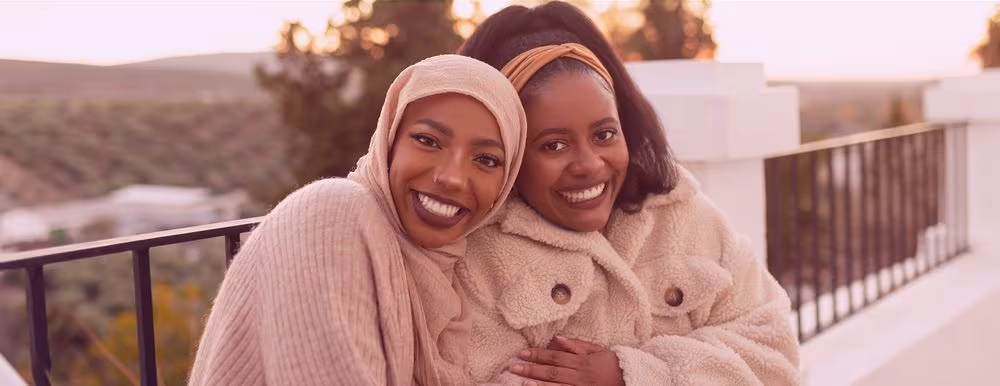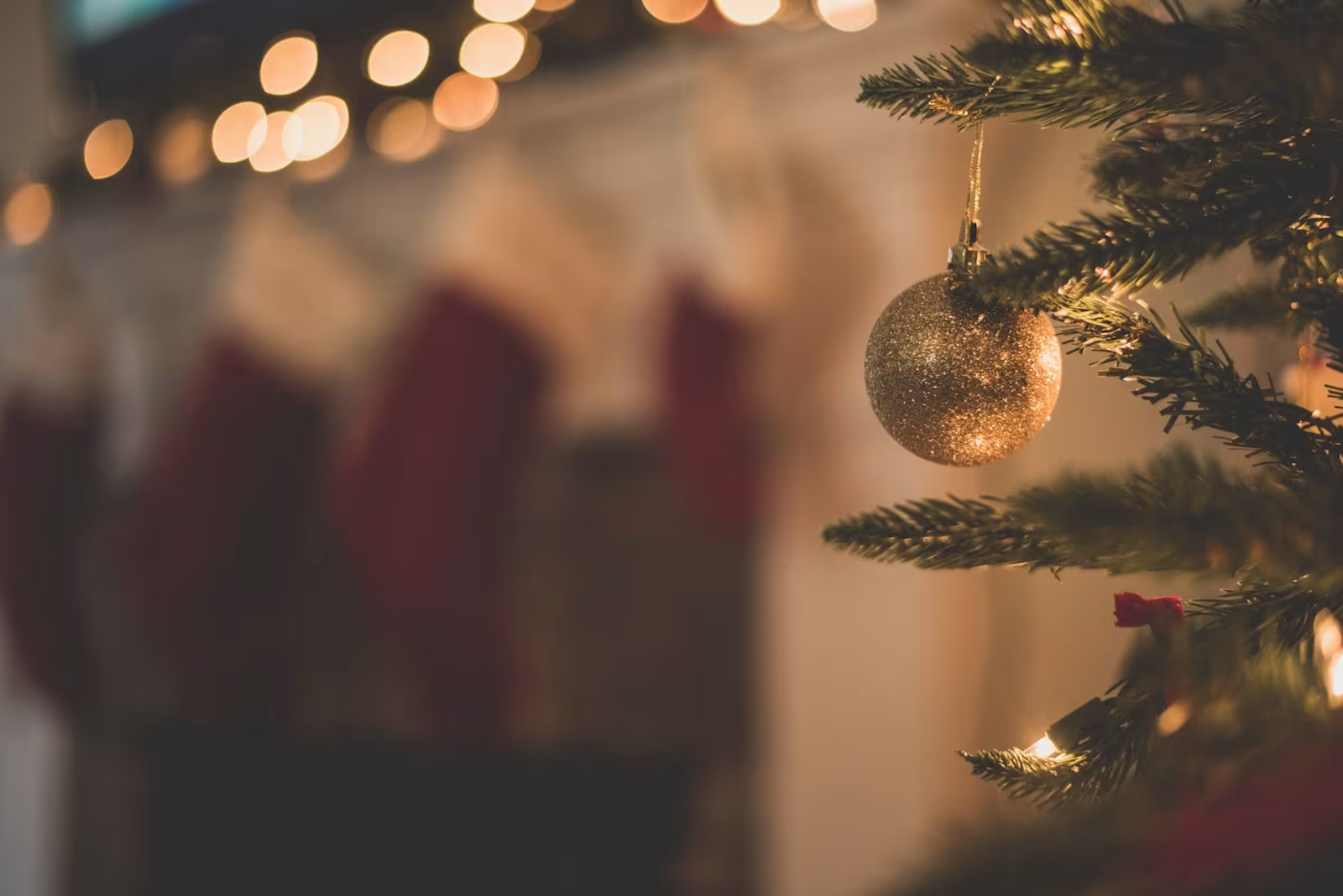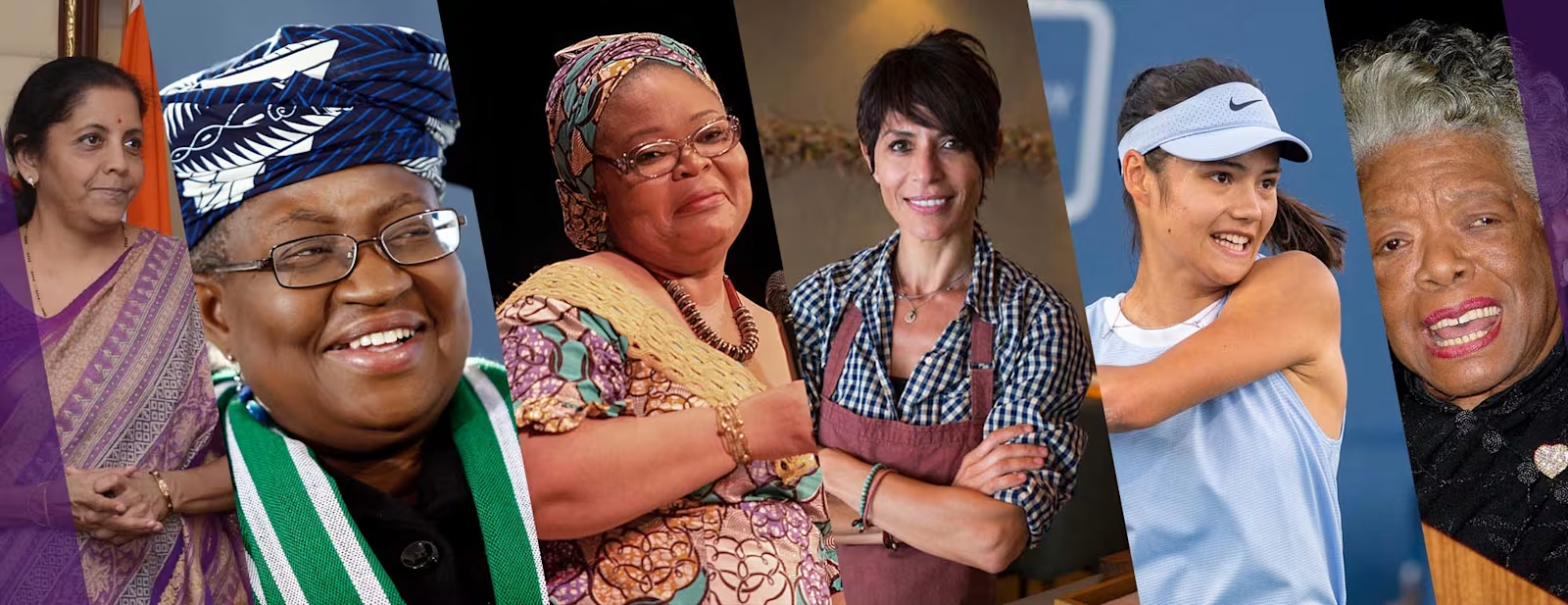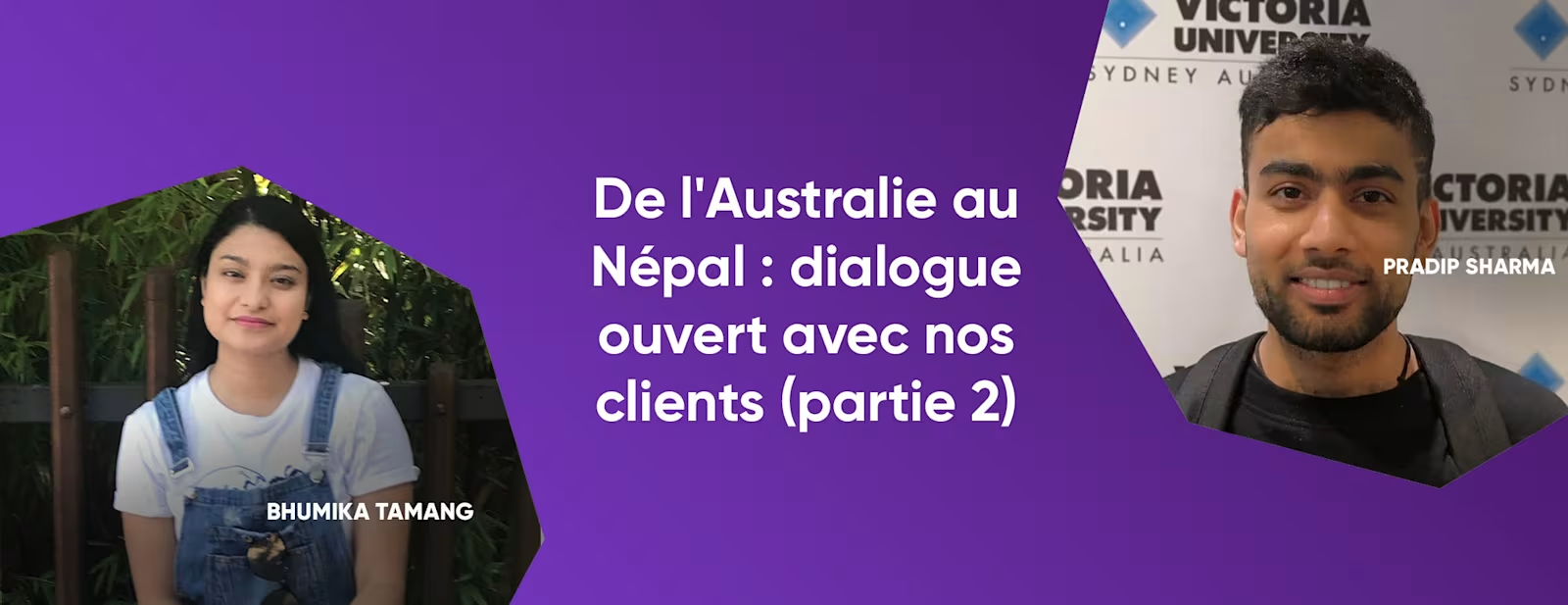Ramadan around the world
Ramadan, also known as Ramazan or Ramzan, signifies the ninth month in the Islamic calendar and usually lasts around 29–30 days depending on the sightings of the moon. This year, Ramadan is expected to begin on Saturday 2 April and end on Sunday 1 May.
For 1.8 billion Muslims celebrating, this sacred month is a time for prayer, giving back and practising self-restraint, namely through fasting from dawn to dusk. Ramadan traditions also vary around the world, and you can read on to find out how.
As a trusted and secure remittance service that transfers to 100+ countries worldwide, we’re glad we can play a hand in helping the Muslim community send money and give back this Ramadan.
WorldRemit Content Team
• 6 mins read • Updated
Ramadan traditions in Turkey
If you’re visiting Turkey during Ramadan, be prepared for a very loud celebration where old meets new. This Ramadan tradition unique to Turkey goes all the way back to the Ottoman Empire some centuries ago when there was no such thing as an alarm clock. Dedicated drummers march the street waking everyone up in time for sahoor, the meal you have at dawn before fasting for the day. What makes it even more interesting today is that these drummers don’t don ordinary clothing but wear Ottoman costume, including a fez and vest.
For all the sweet tooths out there, you’d also be interested to know that Turkish delight, baklava and cookies are must-have treats for breaking fast. Many families have their own special recipes that have been passed down through generations but you can also find these treats in markets across the country.

Photo by engin akyurt / Unsplash
Ramadan traditions in Egypt
Ramadan in Egypt is one of the more colourful festivals around the world. Streets are decorated in colourful lanterns called fanous with the intention of spreading joy and cheerfulness. The story of the fanous dates back to the 10th–12th century and comes from Fatimid Caliphate. As the legend goes, when the Caliphate, a local leader or ruler, visited Cairo on the first day of Ramadan, locals held candles in the dark streets to welcome them. But over time, the candles have evolved to beautifully patterned and painted lanterns that are put up as decoration or sometimes seen in the hands of children as they walk the streets singing and asking for sweets. What a sweet sight, don’t you think?

Photo by Rawan Yasser / Unsplash
Ramadan traditions in the UAE
There seems to be a sweet theme in many of the countries celebrating Ramadan - and we’re all for it. In the United Arab Emirates, they have this special day called haq al laila which takes place the month before Ramadan on the 15th of Sha’ban. This practice has been commonly compared with the western custom of trick or treat. It involves children dressing up in bright, colourful clothing and going around their neighbourhood collecting sweets and nuts in tote bags. This Ramadan tradition is a huge part of the UAE culture, and many other Gulf countries, as it highlights the importance of strong local bonds, community, friendship and family values.
But this isn’t the only Ramadan tradition in the UAE that puts an emphasis on food. They also have unique dishes served for iftar; the meal when you break fast at dusk. One of their most famous dishes is harees, boiled wheat seasoned with meat. It takes on a similar consistency to porridge and is a warm meal that feeds both belly and soul.
Ramadan traditions in Morocco
Similar to Turkey, Morocco also has their own version of “human alarm clocks” called nafars. Nafars have the great responsibility and honour to wake up the community in time for sahoor and on the last night of Ramadan they’re rewarded for their service throughout the month. Unlike in Turkey, nafars don’t dress up in Ottoman costume, but rather can be found wearing traditional Moroccan clothing such as a gandora hat and instead of beating drums, you can hear them singing prayer songs along the streets.
When it comes to iftar, or rather what Moroccans call ftour, they have their own unique take. In Morocco, when one breaks their fast, they begin with something light like dates, juices and other sweets. Heartier dishes are to follow such as harir, a warm lentil and tomato soup, as well as hard boiled eggs, savoury pastries and fried fish. Feeling hungry? We are too.
If you’re planning to observe Ramadan in Morocco some time, be ready for delicious food and a unique wake up call in the mornings.

Ramadan traditions in Indonesia
As 87% of the Indonesian population are Muslim, it’s really no surprise that Ramadan is celebrated widely throughout the nation. This South-East Asian country has their own unique take on some Ramadan traditions. For one, there is padusan, a purification ritual performed to cleanse the body and spirit for fasting and prayer. Before the first day of Ramadan, you’ll find Indonesian Muslims bathing at natural pools or springs to purify themselves and prepare for the holy month ahead.
Indonesian Muslims also have another Ramadan tradition called nyekar, which comes from Javanese Muslims. They believe that Ramadan is the start of a new life cycle and time to start anew, and so they perform prayer and give respect to those who are no longer around.
Ramadan traditions in Lebanon
Lebanon shares many Ramadan traditions with their neighbouring countries in the Middle East. One in particular is midfa al iftar and this is one of the oldest traditions in the world. It involves firing cannons at the end of the fasting day to alert people that it’s time for iftar.
The tradition is said to have actually originated in Egypt and all started when a ruler accidentally fired a cannon at sunset. But it’s come a long way from being an accidental misfiring to one that is looked forward to daily throughout the month. Today, Lebanon even has their own special historical cannons just for this purpose.
Ramadan traditions in Pakistan
As a majority Muslim country, Ramadan is very much integrated into the Pakistani culture and they have their own unique traditions.
When it comes to iftar, meals often include a herbal rose-flavoured drink and fried treats such as samosas and pakoras. To mark the end of Ramadan and the beginning of Eid, there is a celebration called chaand raat. As part of this celebration, women get henna and buy colourful accessories like bangles. In anticipation, shopkeepers decorate their stores specifically for this and temporary henna stalls are set up, too.

Photo by Parmanand Jagnandan / Unsplash
Ramadan traditions in Bangladesh
Every year when Ramadan comes around, Bangladeshis also gather in devotion and celebration over a month-long religious festival, as do many other countries. Lights and decorations line the streets, shops and market places as masses of people take part.
To break the ‘fast’, special dishes like Jilapi, a popular sweet snack, Piazu, which is onion based, and Beguni, made from brinjal, are prepared beforehand to be enjoyed with friends and family who come together for Iftar in the evening.
Send money this Ramadan with WorldRemit
While most countries do have their own take on Ramadan traditions, there’s no doubting that each one requires a lot of preparation. That’s why, we’re glad that we can help millions of Muslims every year send money home to their loved ones, ensuring they can get all the necessary items to observe Ramadan best in their own special way.
Planning to send money this Ramadan? You can send money online via our website or through our app - it’s up to you! We also have multiple payout methods available like bank transfer, mobile money, airtime top up and cash pickup. In addition to this, if you’re a first time sender with us, we'll cut the cost of your first three transfers when you use code 3FORYOU. * WorldRemit makes money off the exchange rate. FX rates are subject to change.
Send money for RamadanBack to home
WorldRemit allows customers to stay connected and support their loved ones. Our Content Team plays an integral part in that. We celebrate the global community and help you to achieve your ambitions.





